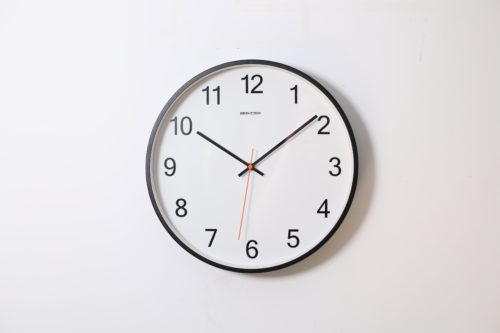
Where appropriate, alimony or “spousal maintenance” is paid by a higher-income-earning spouse to the other spouse during and/or after a legal separation or divorce in Colorado.
This support is paid according to a court order or according to the terms of a separation or divorce agreement and is designed to help the lower-income spouse live more self-sufficiently.
Alimony can be a permanent arrangement (i.e. payable until the lower-income-earning-spouse remarries or passes away) or limited by a certain time period.
The precise arrangement will depend on the circumstances of your marriage and separation or divorce.
Alimony law
Colorado Revised Statutes Title 14. Domestic Matters § 14-10-114 sets out the guidelines for spousal maintenance within the state.
Spousal maintenance is never automatically awarded. One party must request it following a separation, divorce, or annulment.
The payment is based on a number of factors, including:
- The amount of each party’s gross income
- Marital property
- Financial resources
- Reasonable financial need as established during the marriage
Once it is agreed that spousal maintenance is due, a family law judge will decide on the amount and duration of support, in the absence of a signed separation agreement that accurately details this.
To calculate alimony, judges will consider the following formula:
- Calculate 40% of the higher income earning party’s gross monthly income
- Calculate 50% of the lower-income earning party’s gross monthly income
- Subtract the 50% figure from the 40% figure
Assuming this is a positive figure, the recipient of alimony is entitled to up to 40 percent of the combined adjusted gross income of the parties.
The final figure is often adjusted by the judge based on other factors – including the length of the marriage. You can read more about that here.
The duration of spousal maintenance payments is generally based on the length of the marriage.
How does the length of my marriage affect the spousal support arrangement?
The number of months or years for which spousal maintenance payments must be paid depends on the number of years of marriage.
Standard guidelines exist for marriages up to 20 years but beyond that, the judge will use a great deal of discretion to arrive at both the amount and duration for payments.
In some cases, like in very long-term marriages, the award will be a permanent arrangement that is part of the divorce decree and which will last until death or remarriage of the recipient.
However, in the majority of cases, it is temporary. So, a thirty-year marriage could equally result in spousal maintenance being awarded for the same as a 20-year marriage, depending on the circumstances.
Length of marriage and its effect on spousal support
If the alimony award is not a permanent one, judges will be guided by the length of the marriage for the length of support granted.
Support could even be awarded for the separation period only and terminate once the divorce process is finalized.
Alternatively, it could continue for a period of time afterwards, depending on the length of the marriage and other factors.
Guidelines are provided for marriages between three and 20 years, as follows:
- 3 years: 31% of combined adjusted gross income for 11 months
- 5 years: 35% of combined adjusted gross income for 21 months
- 10 years: 45% of combined adjusted gross income for 54 months
- 15 years: 50% of combined adjusted gross income for 90 months
- 20 years: 50% of combined adjusted gross income for 120 months
All things being equal, the duration of spousal maintenance will be the same for divorcees who have been married for the same length of time.
However, other factors may come into play that will provide a reason for the judge to deviate from the guidelines and apply discretionary changes.
What if we were married for less than three years?
There are no statutory guidelines for marriages that last under three years.
However, it may still be possible to claim spousal maintenance. There are few hard and fast rules when it comes to alimony in Colorado and it is treated on a case-by-case basis.
The court will consider the various factors at play before deciding on the amount and duration of any spousal maintenance due in short-term marriages.
That is why it’s best to consult with a divorce lawyer before making any decisions.
Are there different rules for high-net-worth individuals?
The above guidelines apply in cases where couples have a combined income of $240,000 or less.
For high-net-worth individuals who earn over this amount, the judge may exert considerable discretion in arriving at the amount and duration of spousal maintenance to be paid. Again, the duration of support can be temporary or permanent.
Need help with spousal maintenance?
Despite the guidelines for the length of spousal maintenance, every court in Colorado is run differently and most judges will exert some discretion.
This means that what you expect to happen may not turn out to be the case. It is best not to rely simply on calculators and the guidelines.
Talk your case through with an experienced local divorce lawyer before setting your expectations for spousal maintenance.
Whether you are trying to work out alimony for the first time or hoping to modify spousal maintenance in an existing divorce decree, our Denver-based divorce lawyers understand how the family law courts here work and will advise you on where you stand.
Hire an Alimony Attorney
If you are based in Colorado and are experiencing difficulties with matters of alimony, the lawyers at Colorado Legal Group can help.
Fill out our free case evaluation form or call us at 720-594-7360 to get started.
